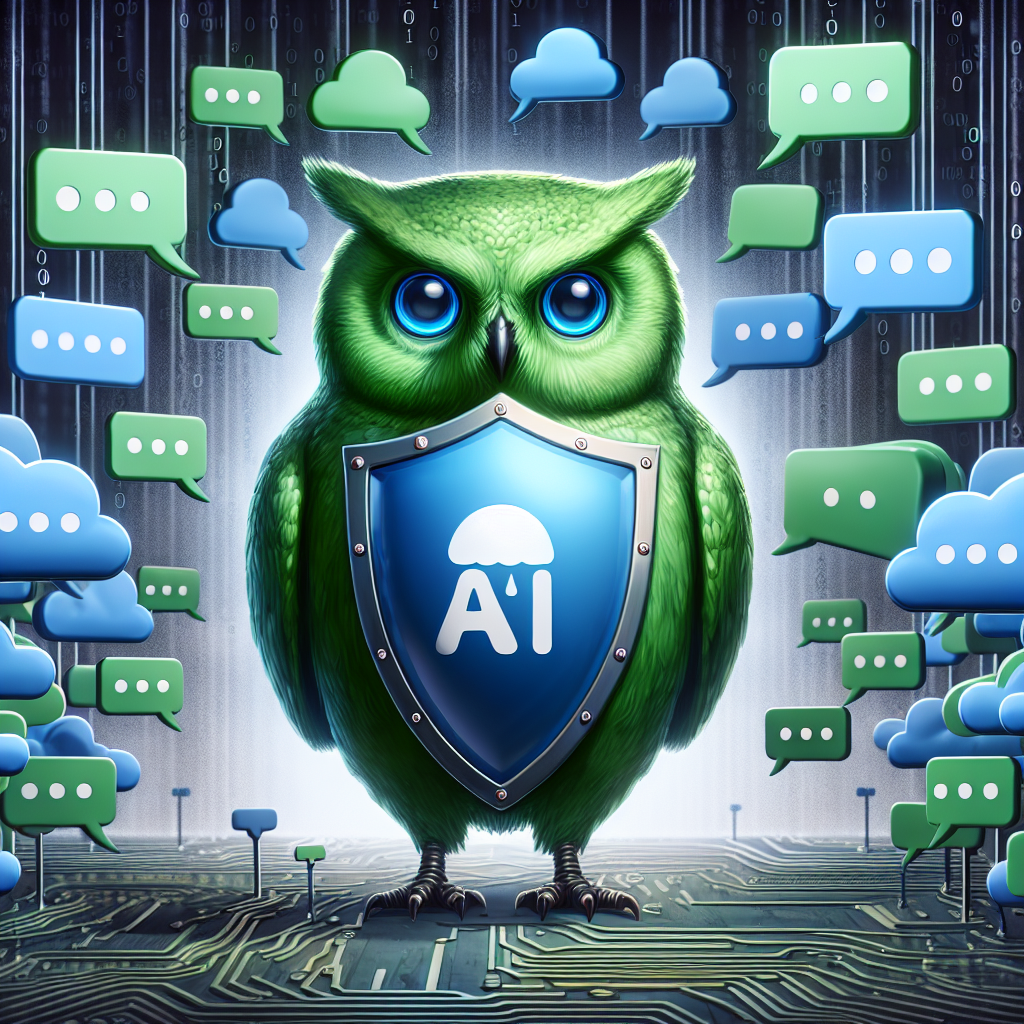Duolingo Faces Backlash After AI Shift
In 2013, Duolingo was hailed as a revolutionary tool in language learning, democratizing education with bite-sized lessons, gamified progress, and friendly owl reminders. Fast forward to 2024, and the beloved green owl is at the center of a heated controversy. Duolingo faces backlash after AI shift that prioritized artificial intelligence over human expertise—sparking concern across its loyal user base.
The Shift to AI-Led Learning
Earlier this year, Duolingo announced a major structural change: a pivot toward an “AI-first” strategy. This move came with the layoff of around 10% of its contract workers, primarily language experts responsible for crafting and moderating content. Instead, Duolingo would increasingly rely on GPT-4 and similar large language models to generate much of its language learning material.
The change was initially praised by some for its efficiency and potential to scale the company’s services. But longtime users and linguists weren’t impressed. What had made Duolingo popular—and effective—was the input of skilled native speakers, cultural authenticity, and linguistic accuracy. By reducing that human touch, Duolingo stirred up a storm it wasn’t quite prepared for.
Community Concerns and Criticism
Duolingo’s user community took to forums and social media to express dismay. Major user concerns included:
- Decreased content quality: With AI-generated exercises, users reported awkward sentence structures and odd translations, diminishing the immersive experience.
- Lack of cultural nuance: Language is more than vocabulary—it’s tone, context, and culture, areas where AI still struggles.
- Transparency issues: Many users were unaware of the extent to which human experts were being replaced, prompting criticism of Duolingo’s communication strategy.
Claire Hunter, a former Duolingo contract worker, noted in a public LinkedIn post that AI tools “still need people in the loop” to ensure accuracy. Her sentiments were echoed by many linguists and instructional designers concerned about the diminishing role of human oversight in education.
Lessons for EdTech and AI Integration
Duolingo isn’t the only company experimenting with AI, but this incident serves as a cautionary tale for others navigating tech adoption in human-centric industries. The episode underscores several key lessons:
- Human expertise remains irreplaceable: While AI can enhance scalability and productivity, it cannot fully replicate the depth of knowledge and cultural context offered by human professionals.
- Transparency matters: Users want honest communication, especially when changes affect the product experience they’ve trusted and enjoyed.
- Balance is key: Successful integration of AI doesn’t mean eliminating humans—it means using each for what they do best.
An Opportunity for Reflection
As Duolingo recalibrates its approach, the broader edtech industry watches closely. Those who plan to embrace AI must also be ready to invest in quality assurance, user trust, and ethical oversight. Technology should serve as a tool to enhance—not replace—the transformative power of human connection in learning.
To dive deeper into the conversation about Duolingo’s AI strategy and user reactions, you can read the full story at Customer Experience Dive.

